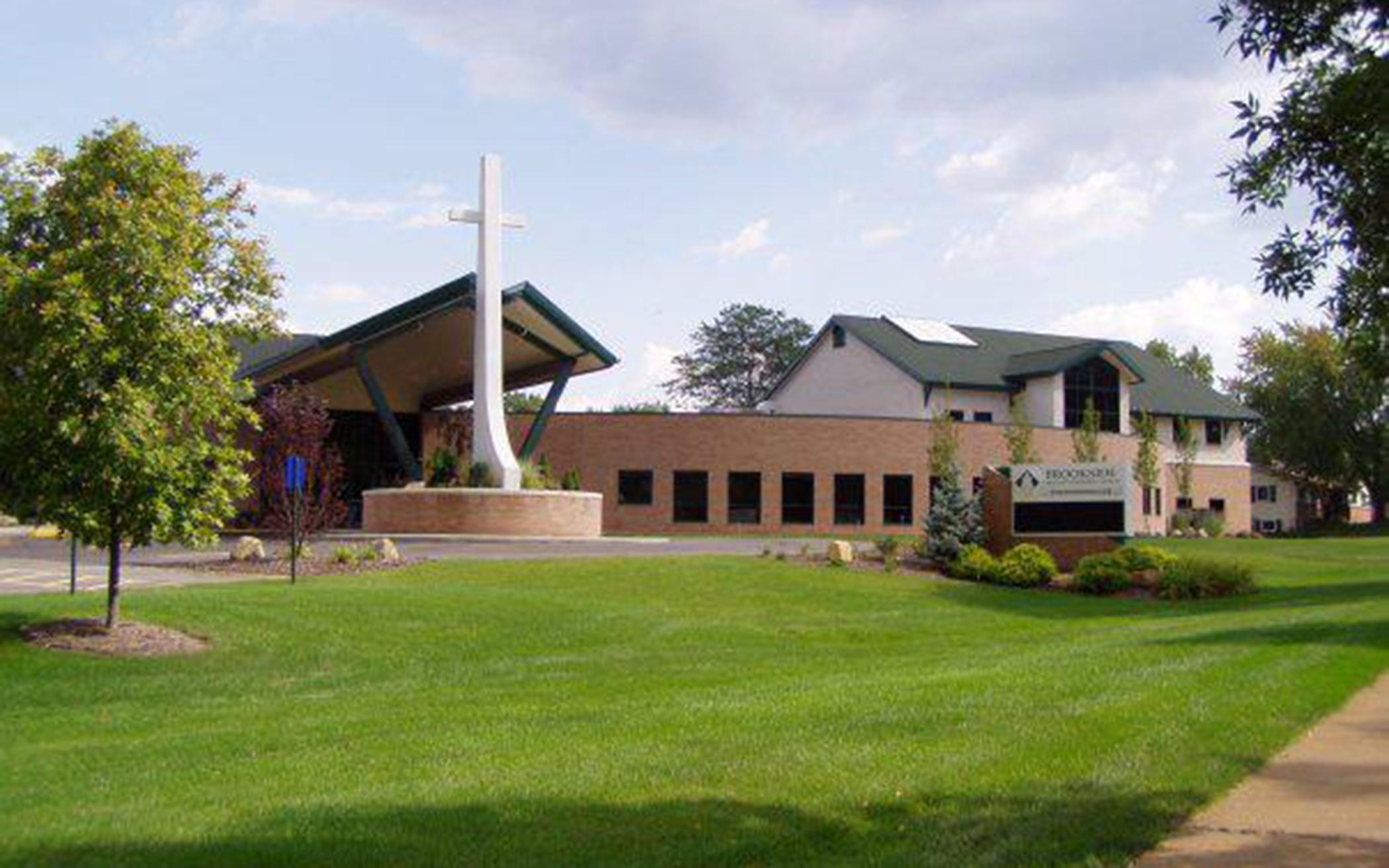The Council of Delegates met Feb. 18-21 in Grand Rapids, Mich. Acting on behalf of synod, the annual leadership meeting of the CRC, between the meetings of synod, it took action on several issues.
Organizational Structure Changes
The Council dealt with the changes in organizational and governance structures necessary to give the Canadian side of the denomination more direction and control over ministry and resources in Canada, bringing it more in line with charitable law in that country.
Leadership Transitions
The Council accepted “with deep regret” the sudden resignation of CRC executive director Steven Timmemans. Coming changes to governance structure and job descriptions were given as the reason. A week after his resignation, Timmermans spoke with The Banner, expanding on his reasons for resigning and reflecting on his time in that role.
In light of Timmermans’ resignation, the Council appointed Colin Watson acting executive director until Synod 2020. It received notice that Watson, until now the director of ministries and administration, planned to retire in January 2021. It also received notice that John Bolt, director of finance and operations, will retire in June 2021.
A group of 10 people has been formed to develop ecclesiastical, structural, and legal proposals to guide changes for the denominational leadership of Christian Reformed Church in North America. Transitions are needed following changes to the operations of the CRC’s U.S. and Canada Corporations.
Back To God Ministries International Name Change
The Council adopted a name change for the CRC’s media ministry. The new name, subject to the approval of Synod 2020, will be “ReFrame Ministries: God’s Story. Today’s Media.”
25th Anniversary of Women’s Ordination
The Council endorsed a proposal for recognizing the 25th anniversary of women’s ordination in the CRC in 2021. Some delegates advised caution that the celebrations and recognition remain balanced in light of the CRC’s official position on women in ecclesiastical office, which holds that there are two different perspectives and convictions on this issue, both of which honor the Scriptures.
Canadian Legislation on Assisted Dying
The Canada Corporation of the Council heard that its Centre for Public Dialogue is monitoring changes to Canada’s legislation regarding what is known as Medical Assistance in Dying. It is encouraging advocacy for protection of vulnerable communities and increased support for palliative care as an alternative to MAID.
Office of Social Justice to Focus on Equipping Congregations
The Council received reports noting that on the U.S. side of the denomination, the Office of Social Justice and Race Relations will focus more on equipping congregations. The director of ministries and administration and the director of Race Relations and the Office of Social Justice are working to sharpen the focus of the OSJ ministry to a heightened emphasis on helping, teaching, and supporting congregations more than primarily promoting the advocacy role.
Free Dwell Curriculum
The Council heard that Faith Formation Ministries will offer a free digital subscription for its popular Dwell curriculum to Christian Reformed congregations starting July 1, 2020. It asked synod to encourage CRC congregations to consider or reconsider using the curriculum “as a vibrant, Reformed resource for faith formation among children.”
Abuse of Power
The Council noted further progress on work to prevent the abuse of power by leaders at all levels of the church, as assigned by Synod 2019. The Council:
- Adopted a Code of Conduct for personnel in Christian Reformed churches, to recommend to Synod 2020.
- Received the resource toolkit for training office bearers and leaders and encouraged Safe Church Ministry to continue in this approach.
- Asked COD delegates to return to their classes (regional group of churches) to encourage the classis to include counseling services for victims of abuse in the classis budget.
- Encouraged Safe Church Ministries to continue to explore the use of restorative practices in the church.
- Asked for more work on Safe Church policies of recordkeeping, including a review by a lawyer, and determination of what data will be accessible to whom and why.
- Noted the considerations provided by the Classis Renewal Advisory Team regarding creating a safe culture and instructed staff to forward the report to leadership in Pastor Church Resources.
(See Acts of Synod 2019, pp.794-796 and “Synod Takes Steps to See, End, and Prevent Abuse of Power.”)
Defining Heresy
Synod 2019 directed the Council to “address the proper and ongoing definition and application of the word ‘heresy.’” (Acts of Synod 2019, p.819) The Council received a paper authored by Ronald Feenstra of Calvin Theological Seminary, which was then reviewed by William Koopmans, Kathy Smith, and Karin Maag. Koopmans will integrate the reviewers’ comments into Feenstra’s paper and forward the final version to Synod 2020. (See “Synod Declares Kinism a Heresy.”)
Syncretism and Contextualization
The Council sent a theological paper about syncretism and contextualization back to a committee to enhance it, requesting broader cultural input, including more voices of Indigenous people.
The Council meets again in May 2020 in Grand Rapids, Mich.
About the Author
Gayla Postma retired as news editor for The Banner in 2020.







